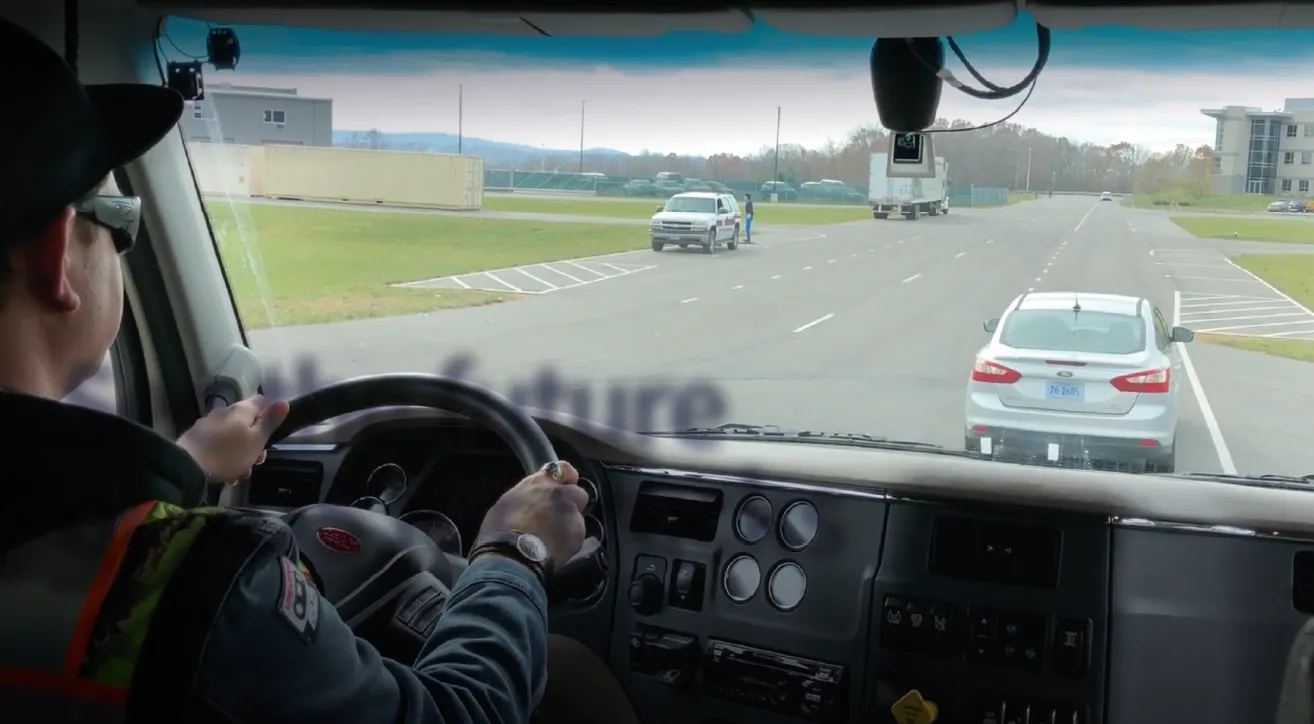
Low levels of AI literacy and limited workforce upskilling, as well as public distrust of AI-enabled systems, is holding back artificial intelligence adoption in transportation.
These are just two of the barriers, according to workshops and a recent report completed in the UK by TRL, a transportation research group.
TRL brought together more than 60 stakeholders from across the public, private and academic sectors for the workshops. The final report, called Bridging the gap: overcoming barriers to AI adoption in transport, focused not just on the barriers but examined how adoption of AI can be achieved.
Other barriers included lack of infrastructure to support AI applications and concerns about environmental impact
Despite these barriers, a consensus was clear, notes the report. AI offers significant potential to improve safety, efficiency and sustainability in transport if deployed thoughtfully and at scale.
The report highlights practical insights from real-world attempts to use AI and concludes with five key opportunities for the sector to enable faster, wider adoption.
The study employed a mixed-methods approach, incorporating an extensive literature review and two industry-led workshops where experts
from across the UK transport sector, academia and AI providers participated.
The literature review identified 12 key barriers, categorised into technological, organisational, societal, economic and environmental and cross-sectoral collaboration themes. The first workshop, held at TRL’s Smart Mobility Living Lab in London, brought together industry stakeholders in the transport sector to refine and prioritise these barriers based on real-world experiences.
These eight barriers were then explored in greater depth during a second workshop, which was held at the Transport AI Conference in Manchester in February. Participants engaged in collaborative discussions, further refining the list of key barriers and developing a set of strategic recommendations to address these challenges. The findings of this study provide a practical strategy to accelerate AI adoption in transport.
Stakeholders identified five key opportunities to drive change. Clear governance and regulation should be established. There needs to be a balance between innovation and security through collaboration. Meanwhile, technical skills and expertise should be enhanced and a campaign should be launched to build public confidence in AI adoption. At the same time, investment in infrastructure to support innovation and impact must be rigorously pursued.
The full 19-page report can be downloaded for free by clicking here










